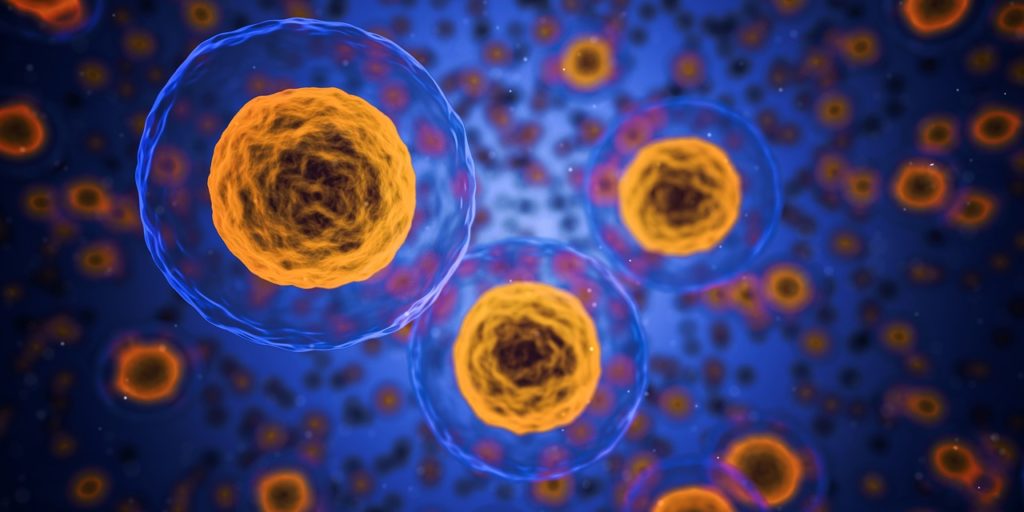The link between western diet and colon cancer has long been established. The underlying mechanism of food induced colon cancer, however, has not been well understood. A new study titled “Gut Microbiome and Colon Cancer: A Plausible Explanation for Dietary Contributions to Cancer” attempt to shed some light on this issue. The study recently published in the journal of the American college of surgeons implicate the role of gut microbiome in colon cancer development. The authors start by discussing the role of Helicobacter pylori in gastric ulcer and gastric cancer. H pylori was the first microbe to be implicated in chronic human disorders leading to cancer. They then discuss the diversity of human gut microbiome and its impact on human physiology. Indeed, the microbial gene set is 150 times larger than the human gene complement. 160 species of microbes live in the colon and modulate our immune system. They affect a large number of diseases like rheumatoid arthritis, cardiovascular disease, obesity, irritable bowel syndrome, liver disease and even gut motility. and colon cancer.
The authors hypothesize that gut microbial metabolites initiate colon epithelial damage at the DNA level leading eventually to cancer development. To test their hypothesis, the authors are evaluating differences in gut microbiome between patients with and without adenomatous polyps. While studies are still at their infancy, findings are emerging in support of shifts in gut microbiome composition towards higher production of pro-inflammatory substances like hydrogen-sulfide and bile acids. If this hypothesis is proven correct, a number of preventative measures, including dietary changes, can be employed to change the gut microbiome and prevent colon polyp and cancer development.

